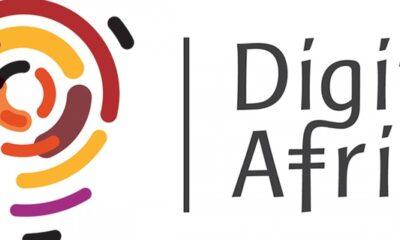Agile Cloud, a hybrid cloud systems integrator, today announced that it has successfully achieved a Data Center Virtualization VMware Master Services Competency.
This competency demonstrates that Agile Cloud is committed to helping organizations accelerate their digital transformations by leveraging their validated services delivery capabilities around advanced VMware technologies.
In Kenya, businesses are continually turning to their technology partners to assist them in better digitizing their services. This is driving a need to embrace and make use of the cloud as a business differentiator. Assisting clients to navigate the economics of the cloud, Agile Cloud helps its clients rationalize which technology solutions are best suited for them to run their workloads on, while ensuring a reliable solution that delivers a return on investment.
“I am exceptionally proud of our team in achieving this VMware Data Center Virtualization competency. We have been a VMware partner for several years, and they are exceptionally important to the hybrid cloud offering we build for our clients,” said Kanja Mugo, Lead Consultant, Agile Cloud. “Attaining this competency validates that we continue to position ourselves as an exceptional partner and it builds on our desire to drive skills growth and development within the Kenyan IT market. It also allows us to provide our customers with the clarity they need to ensure that their cloud investments will, and can, provide a qualified return to shareholders.”
“VMware is pleased to recognize Agile Cloud for achieving a Data Center Virtualization Master Services Competency. This achievement shows customers that partners like Agile Cloud are dedicated, invested, and have validated expertise in advanced VMware technologies,” said Petra Heinrich Liedtke, VP, Partner & Commercial Sales, VMware. “With a fantastic understanding of the Kenyan market, and solid relationships, we value Agile Cloud as a partner and appreciate their efforts in achieving this VMware distinction as they work to increase their service delivery capabilities.”
VMware Master Services Competencies are designed to help partners demonstrate customer-centric solutions and technical proficiency, with proven success and expertise in a specialized area of business. VMware partners can achieve Master Services Competencies in eight core business areas. A Master Services Competency in Data Center Virtualization designates expertise in delivery of VMware vSphere environments and digital infrastructure services with deep understanding of and execution in Data Center Virtualization design principles and methodologies.
VMware Partner Connect is VMware’s singular, unified, global program for all partners that rewards partners for the totality of their achievements and capabilities to accelerate growth. Partner Connect aligns to today’s cloud, services, and solutions-centric business models to help partners drive better business performance and profitability today while transforming their businesses for tomorrow.














